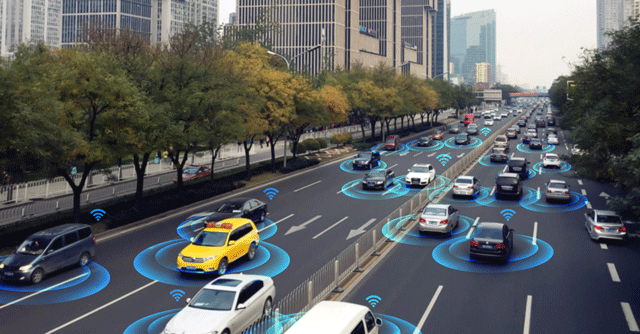
IIT-M, Renault-Nissan seeks to reduce road accidents with data, low-cost tech


The Indian Institute of Technology, Madras (IIT-M) is partnering with carmaker Renault-Nissan to generate data driven road safety solutions, the two companies announced on April 2. Under the partnership, IIT-M has signed a memorandum of understanding with the Renaul-Nissant Technology and Business Center, India (RNTBCI), and will organize a year-long hackathon designed to find new solutions for improving road safety.
Called Hackcidents, the programme will facilitate development of low-cost technologies to prevent fatalities caused by public buses. The focus is to use sensors and data collection techniques for better understanding the root causes of accidents and find solutions to the same.
Under the hackathon, IIT-M’s Connected Intelligent Urban Transportation laboratory will build data-driven technologies to make public transport facilities in Tamil Nadu safer. The first project under it will equip public buses in select districts of Tamil Nadu with sensors, to collect data on why fatal accidents occur.

The second project will seek to use this data in developing “low-cost technologies”, which will then be used in public buses in areas such as Chennai, Kanchipuram and Tiruvallur in Tamil Nadu.
V. Kamakoti, director of IIT-M said that the data generated from the initiative can not just help bring forth short term results, but also “enhance entrepreneurship ideas.” The outcomes of the programme will be released in a year, and will be handled by IIT-M’s independent student body, the Centre For Innovation, upon completion.
IIT-M isn’t the only technical college in India focusing on using advanced technologies for road safety either. In October 2021, researchers at IIT Bombay and Guwahati initiated a research project that sought to use publicly available road infrastructure data and geographical information to give contextualised speed warnings in vehicles, in order to reduce overspeeding-related accidents.

